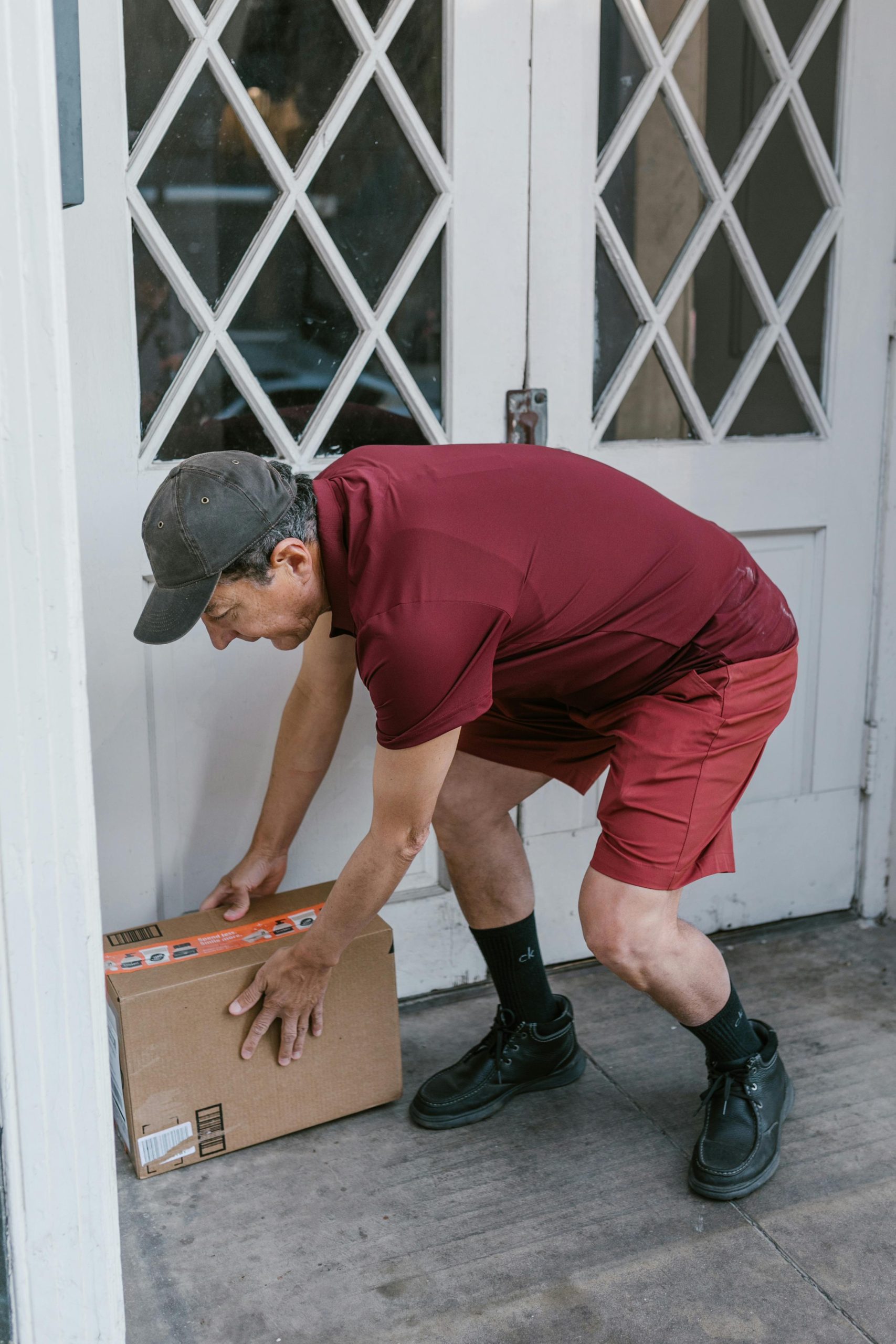Request for Information: How Do Insurance Adjusters Find Temporary Housing for Displaced Families?
Hello r/Insurance Community,
I’m looking to gain a deeper understanding of how insurance adjusters arrange temporary housing for families displaced by events such as fires or floods. Here are a few specific areas I’m curious about:
• Challenges: What are the main difficulties adjusters encounter when trying to secure appropriate temporary accommodations quickly (within 24-48 hours)?
• Resources: What tools, services, or partnerships do adjusters typically use to streamline this process?
• Best Practices: Which strategies or methods have proven successful in ensuring that displaced families are housed promptly and comfortably?
I’m asking these questions purely for educational purposes to grasp the complexities of the claims process. I’m not promoting any services or seeking business.
Thanks in advance for sharing your experiences and insights!




Hi there,
This is a great question, and it touches on an essential aspect of the claims process. Here’s some insight into how insurance adjusters typically arrange temporary housing for displaced families:
Challenges:
Availability of Housing: One of the biggest challenges is finding available rental properties or hotel accommodations, especially during peak seasons or in areas with widespread damage from a disaster, which increases demand.
Time Constraints: Given the urgency, adjusters often have a limited timeframe (like 24-48 hours) to secure housing, which can lead to increased pressure and potential delays in finding suitable options.
Budget Limitations: Adjusters must often work within specific budget guidelines dictated by the insurer’s policies, which can restrict choices for accommodations that meet the family’s needs.
Special Needs Considerations: Some families may have specific requirements, such as accessibility features for disabled individuals, pets, or preferences for certain locations, which can complicate arrangements.
Resources:
Rental Platforms: Adjusters often utilize online housing platforms such as Airbnb, VRBO, or temporary housing services that specialize in locating short-term rentals.
Hotel Partnerships: Many insurance companies have partnerships with hotels or extended-stay facilities, allowing adjusters to secure rooms more quickly and possibly at a discounted rate.
Local Networks: Building relationships with local property management companies and real estate agents can provide adjusters with quicker access to available housing options.
Claims Management Software: Some adjusters also use specific software designed for the insurance industry that helps streamline the housing arrangement process by integrating available listings and facilitating communication.
Best Practices:
Prioritization: Adjusters often assess the most urgent needs first. Ensuring families have a roof over their heads is the priority, followed by considerations for comfort and convenience.
Clear Communication: Maintaining open lines of communication with the displaced family about their needs, preferences, and any updates helps establish trust and ensures everyone is aligned on expectations.
Proactive Planning: Some adjusters prearrange partnerships with housing providers in disaster-prone areas, allowing for quicker mobilization when incidents occur.
Emergency Kits and Support: Offering assistance beyond housing, such as providing emergency kits or information on local resources, can significantly alleviate stress for families during these tough times.
Follow-Up: After providing housing, good adjusters often follow up with displaced families to check in on their situation and address any ongoing issues, ensuring they feel supported throughout the process.
I hope this information helps illuminate the challenges and strategies insurance adjusters face when securing temporary housing for families in need. It’s a critical component of claims management that significantly impacts the affected families’ recovery process.
Best regards!